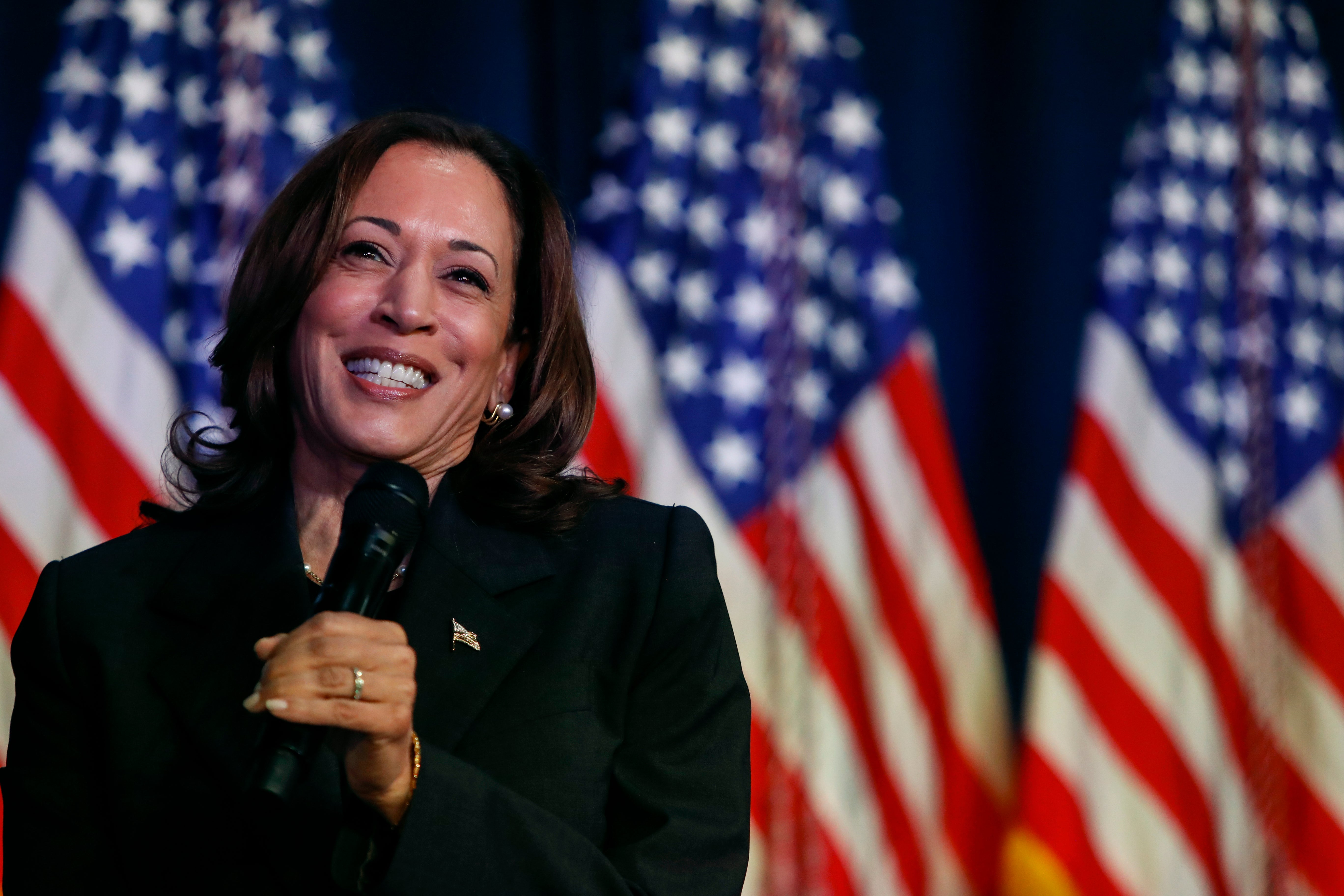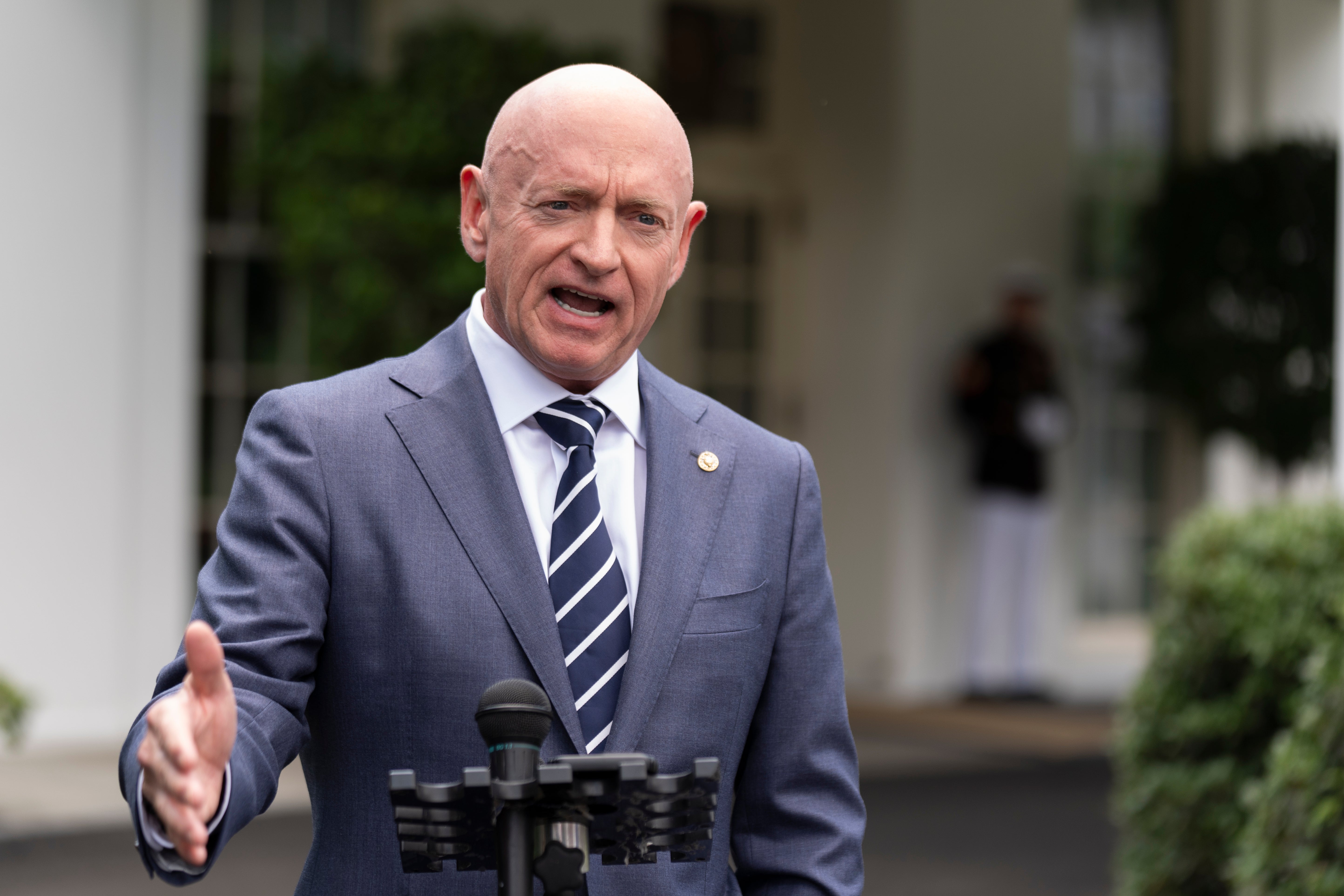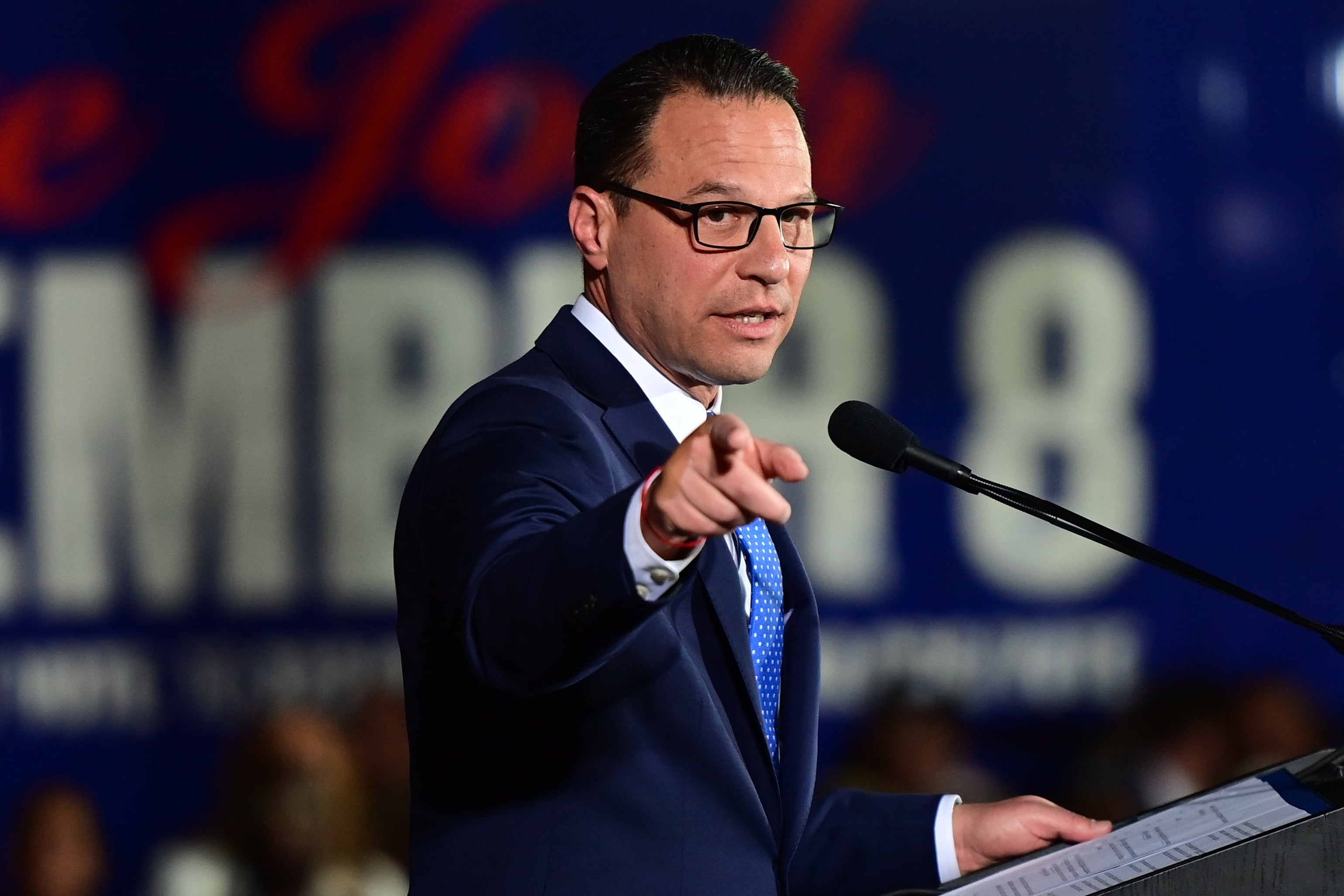
In the race for the 2024 Democratic presidential nomination, Vice President Kamala Harris is poised to secure her party's nomination with no high-profile opponents and an overwhelming majority of delegates. As she gears up for her potential re-election campaign, the question on everyone's mind is who will join her as the vice president? Two names that have emerged as frontrunners are Pennsylvania Governor Josh Shapiro and Arizona Senator Mark Kelly.
Shapiro, a Jewish governor with a reputation as an energetic and gifted messenger, won his 2022 campaign by nearly 15 points. He has made a concerted effort to appeal to rural voters and recent polls suggest he could lead Trump if he were the Democratic presidential nominee. However, Pennsylvania Democrats face a potential problem: if a Harris-Shapiro ticket wins, they could lose their tiebreaking vote in the state Senate due to unique succession rules.
Kelly, on the other hand, is a former Navy combat pilot and NASA astronaut who made his political debut in 2020 by running for U.S. Senate. He defeated an appointed senator and secured a full term in 2022 with a tougher-than-most stance on border security. Kelly's status as a gun owner and self-proclaimed Second Amendment supporter could balance the ticket culturally, but Democrats face another challenge: they struggled to win Arizona in 2020 for the second time since 1948, and polls suggest they may be having trouble repeating that success.
Both Shapiro and Kelly have unique backgrounds that could complement Harris' political profile. Shapiro is a former blue-state senator from California who would be the first Black female and Asian American president. Kelly, with his Navy background, could bring a different perspective on national security issues. However, there are practical considerations to take into account: Pennsylvania Democrats may lose their tiebreaking vote in the state Senate if Harris-Shapiro wins, while Arizona is a swing state that Democrats won in 2020 for the second time since 1948 but where they're struggling to maintain their momentum.
Ultimately, Harris' choice of a running mate may not decide this year's presidential campaign. People increasingly base their votes on national issues and the media landscape has nationalized, reducing the influence of local news organizations and political parties. Vice presidents receive a fraction of the attention that presidents do. However, Harris will be picking a partner who would help her govern and potentially elevate a future president.
As for which frontrunner might get the nod, it's anyone's guess at this point. But one thing is certain: whoever Harris chooses will have big shoes to fill.




